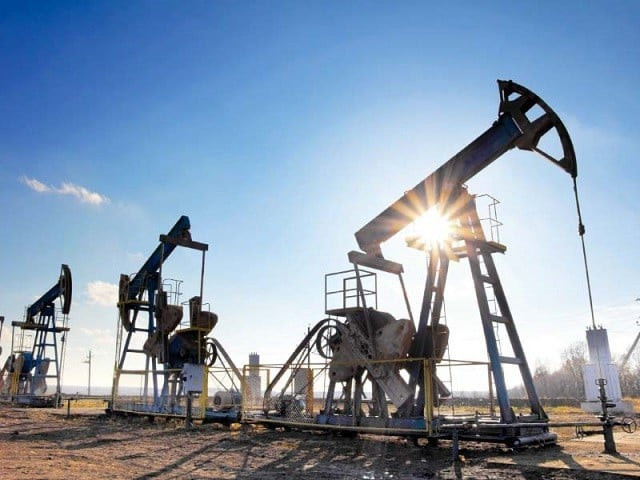Stringent condition: New regulation requires refineries to modernise
Compliance with IMO 2020 convention will involve significant costs for refining, shipping industries

PHOTO: Reuters
Globally, the refining industry is contemplating ways to deal with the incoming Marpol Convention 2020, where the International Maritime Organisation (IMO) has introduced stringent requirements for the maximum allowable sulphur content in the marine fuel consumed in open oceans from the current 3.5% to 0.5% (by weight), beginning January 1, 2020.
Compliance with this new requirement will involve significant costs for both the refineries and shipping industry. For the refining industry, the regulation means that the industry will have to modernise its process streams to reduce the sulphur content and produce low sulphur fuel oil (LSFO).
On the other hand, the shipping industry will have to switch to more expensive LSFO or install equipment, known as scrubber, onboard to remove sulphur dioxide emissions from the exhaust and allow shippers to continue burning high-sulphur fuel oil (HSFO).
However, in the long run, the whole fuel supply ecosystem has to be upgraded to ensure sustainable compliance with the rule using economies of scale at the supply side. In Pakistan, the situation for the refining industry is further complicated by the policy shift to replace furnace oil with a cheaper alternative, such as gas and coal. There were some teething issues in importing/managing stocks of furnace oil initially, however, the government has finally announced a complete ban on the import of furnace oil.
This will allow local refineries, for the time being, to offload their inventories, mainly at the old power plants which are still running on furnace oil. However, once the new IMO 2020 convention is in place, the demand for around two million barrels of HSFO will be replaced in the shipping industry.
This will eventually put pressure on the HSFO prices due to low demand and excess supply globally and will further increase the price difference between HSFO and LSFO.
It seems that there will be very few avenues to offload the HSFO in future without upsetting profit margins or environmental agencies. All the refineries in Pakistan currently have either simple topping configuration or have recently upgraded to hydro-skimming type configuration.
However, it seems that the eventual way forward for them is to have conversion and/or deep conversion type configuration, which can reduce the yield of less valuable heavy fuel oil product from around 32% to 15%. Also, modernisation will allow the refineries to be more flexible in terms of processing heavier and sour crude and achieving higher yield for a more valuable product line, such as gasoline, liquefied petroleum gas (LPG), diesel, jet fuel and premium motor spirit.
Moreover, the recently announced refinery projects, such as the Parco coastal refinery and a super refining complex at Gwadar Port by Aramco, will create tough competition for the existing refineries in terms of better pricing power and improved margins. All these new projects will be using modern deep and ultra-deep conversion processes to squeeze out more bucks from the same barrel of crude.
For local refineries, it is finally time to utilise those Rs500 billion collected under deemed duty and stashed away, perhaps, for eventualities like these. The modernisation will be a win-win situation for the government and refineries as the government will save precious foreign exchange and the refineries will improve their margins by converting residual oil into more valuable products.
The government also requires creating a more holistic and long-term plan to create a more economic and environment-friendly fuel mix for power generation, thus, providing a clear guidance for smooth transition for the refining sector.
The writer is a financial market enthusiast and attached to Pakistan stock, commodity and debt markets
Published in The Express Tribune, January 21st, 2019.
Like Business on Facebook, follow @TribuneBiz on Twitter to stay informed and join in the conversation.



















COMMENTS
Comments are moderated and generally will be posted if they are on-topic and not abusive.
For more information, please see our Comments FAQ